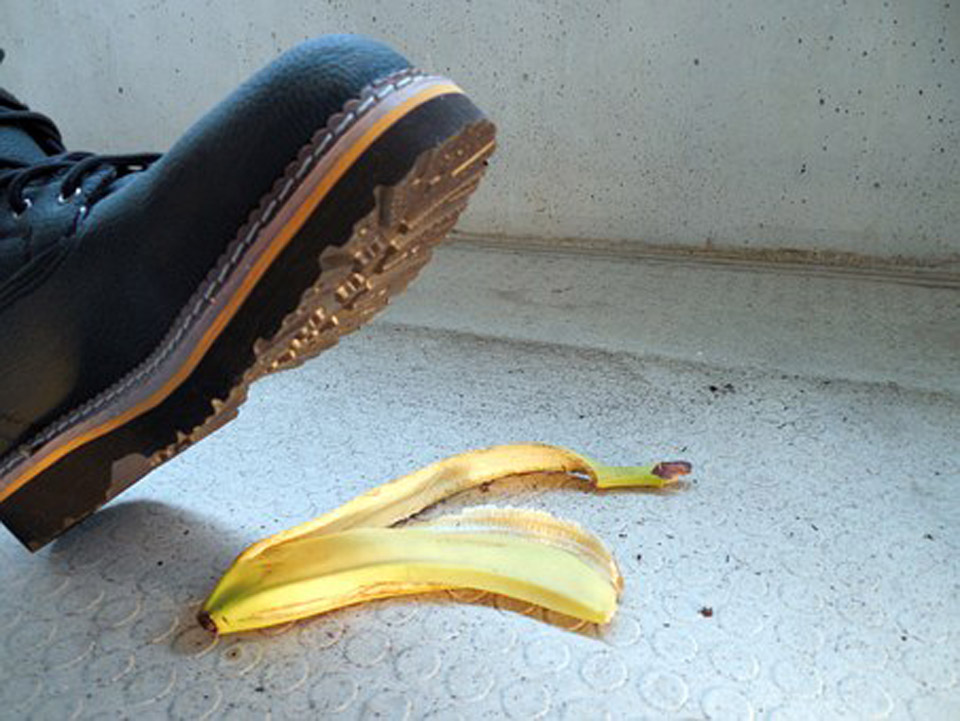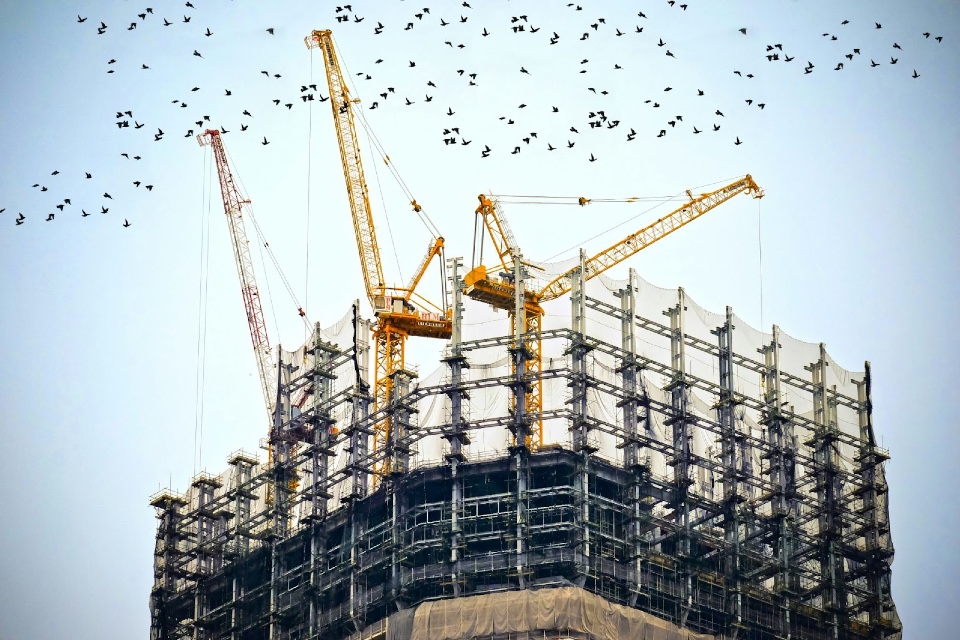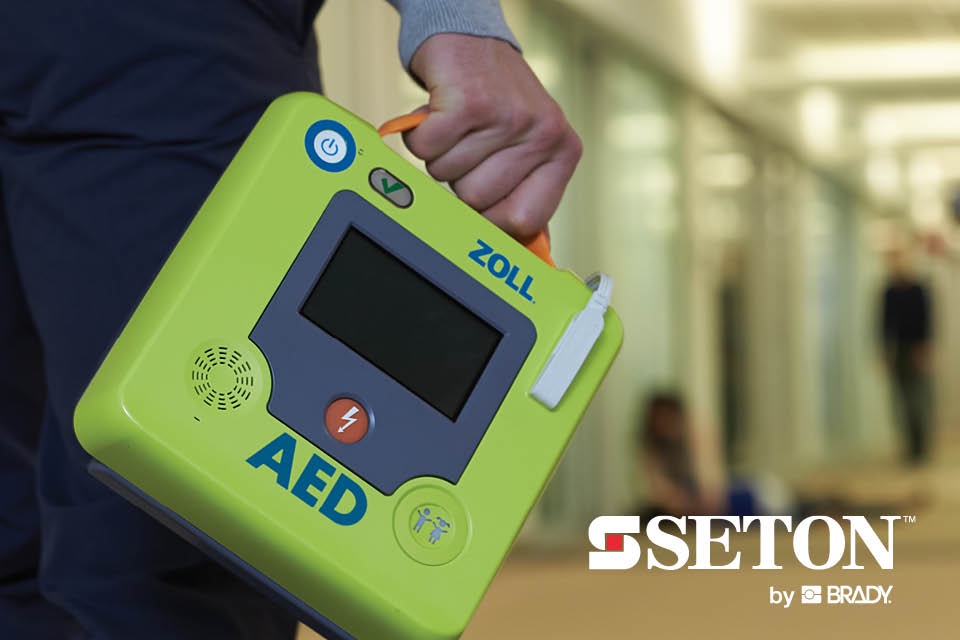New research by the Accident Advice Helpline has found that a quarter of employees have had an accident at work, yet one in six people wouldn’t report a potential hazard if they saw one.
The figures also revealed that nearly 23% of people polled wouldn’t know who to report a potential hazard to, meaning broken machinery, trailing wired and uneven floor often get left unfixed and unattended.
Out of 2,014 people polled, a third claimed they don’t have time to worry about hazards in the workplace, and 24% said they would ignore things like frayed electrical cords, spills or blocked fire exits, assuming it wouldn’t directly affect them.
In the event of an accident happening at work, a fifth said they would not know where to go due to lack of communication and training.
David Carter, spokesman for Accident Advice Helpline, said: “Accidents at work can easily be avoided if hazards are reported as soon as they are spotted and the more people who report it the better.
“When in a work environment it’s incredibly important to look out for one another to ensure injuries don’t happen.”
A quarter of those polled say they don’t think it is their responsibility to report a hazard even if it could be potentially dangerous, while just under one in 10 employees claim they have been told not to report a hazard by someone else.
Older generations are more likely to report something they thought was dangerous – with 93 per cent of 35 to 54 year-olds likely to say something compared to 76% of 16 to 24 year-olds.
Just under half admit they see various safety issues on a daily basis which have been around for a while, with 63%t saying they could be dangerous.
The most common hazards reported are a lack of safety around machinery, trailing wires, uneven flooring and the wrong equipment being used for tasks.
A quarter of workers say there are trailing wires in the workplace on a regular basis, while 16% work in an environment where machinery isn’t being used safely, with 17% often see others not wearing the appropriate health and safety protection when they should be.
A fifth of people have even witnessed a hazard within the workplace that has been intentionally masked or ignored.







